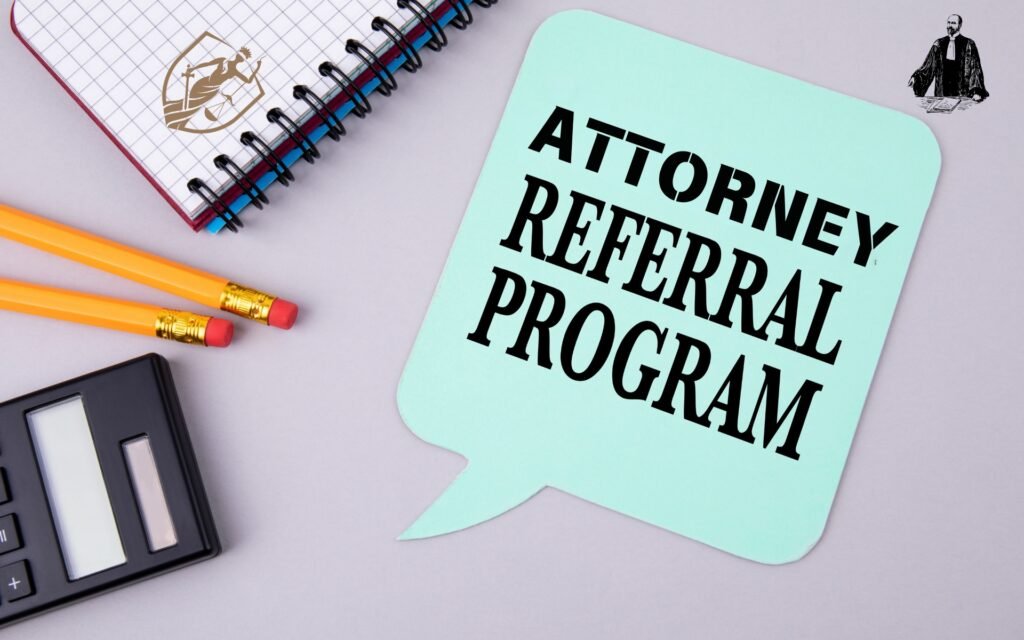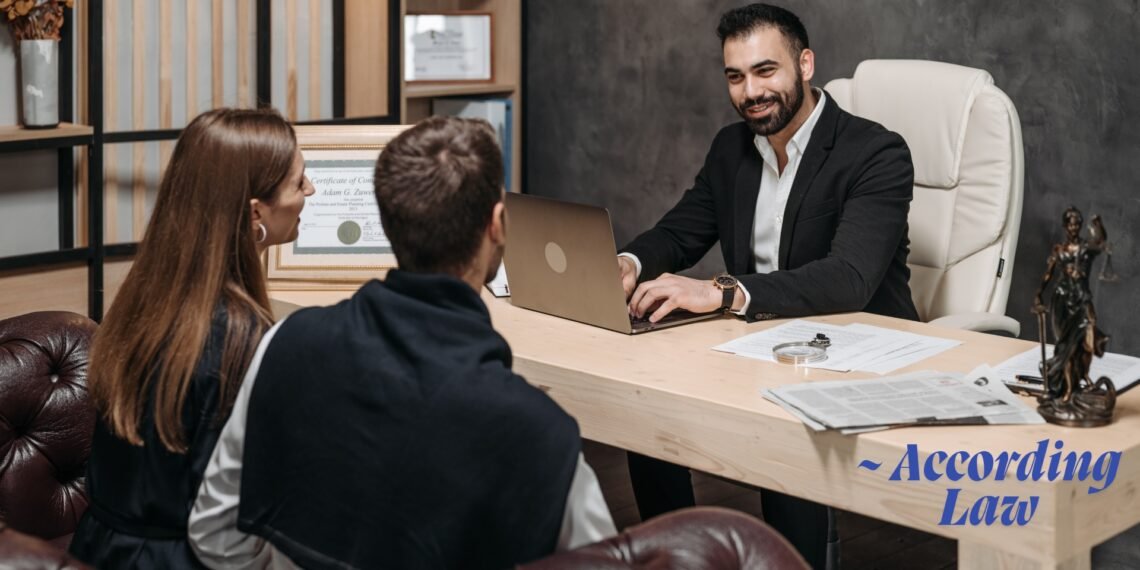Learn how to find a lawyer who speaks a specific language with these tips that ensure clear communication and effective legal support.
Have you ever been in such a situation, where you know you have some legal problem at hand, yet it’s getting insurmountable, just because that lawyer you need may not be speaking your language? Been there, done that. A few years ago, I helped my aunt-who speaks little to no English-with a legal issue she was going through. Frustration set in when I was trying to find a lawyer who could communicate in her language; though along the way I did come across some excellent resources and tips.
If you are wondering how to find a lawyer who speaks a specific language, you are in the right place. I’ll walk you through everything I learned, from where to search to the tools and services that make this process much easier than it seems.
Table of Contents
Why Finding a Lawyer Who Speaks Your Language Matters
More importantly, communication is the key to every legal problem there is. Everything from creating contracts, and arguing over a claim, to working out the details of immigration with an attorney who speaks the same language, one can be guaranteed clarity for the client as far as what’s taking place is concerned. Miscommunication in the courts can bring on highly detrimental mistakes, and as such, it is a great deal more than simply having the right attorney for convenience reasons.
For my aunt, the stakes couldn’t have been higher; having issues with a landlord, she was much more in need of somebody to make crystal clear than perhaps anybody’s expertise in Spanish which more than any machine or electronic talking could permit.
But to understand well, deep profound culturally rich expressions and comfort with a professional, where sometimes just being a trusting ear is serving as much as being professionally proficient, really helped me in understanding her situation. I know first-hand how much it takes for there to be a relationship between professionalism and faith, rather than knowledge of legalities.
Step 1: Start with Your State Bar Association
The best place to start the process is a state bar association. Most state bar associations have online directories that allow you to search for attorneys by location and practice area, and—here’s the key—language spoken.
For instance, in helping my aunt with her search, I visited the California State Bar website; they have a search filter for “languages spoken” which reduces available attorneys to only those who can speak Spanish.
How to Use State Bar Directories:
These directories are trustworthy, as they are kept updated by official legal entities. If you aren’t sure where to start, this is where you want to begin with.
Step 2. Attorney Referral Services

Other great avenues are attorney referral services. Many of these referral services operate under state and local bar associations, which can even match up an attorney with your needs for language requirements.
For instance, for my aunt, I called the local referral service here in town and described her situation to them. I also emphasized that she required an attorney who spoke Spanish. They forwarded us a list of attorneys that fit the criteria within a day or so.
Referral services have the following advantages:
To find a referral service in your area, either call your state bar association or do an online search under “lawyer referral services in [your city/state].”
Step 3: Use online services such as LegalMatch
Sites like LegalMatch have been a godsend for people like us who would do anything online. You will need to give LegalMatch some information regarding your case and the language in which you wish to be serviced. It then matches you up with lawyers who fit the bill.
How It Works:
I find the whole notion of LegalMatch types of websites fascinating, as you can do everything from the couch, and the website does all the hard work in bringing the right attorneys to you.
Step 4: Contact Community Organizations
A further tip too often overlooked in this regard is the local community organizations that can be an incredible resource. Many of them serve immigrant or minority communities and offer a rich source of bilingual professionals, some of whom will be lawyers.
In my case, we looked for the contact of the Hispanic community center. They did not only refer some very excellent bilingual attorneys to us but also advised how to conduct ourselves with them during the initial consultation.
Examples of Community Resources:
These organizations understand your very particular needs and can help you get lawyers who can speak your language fluently and are from your cultural background.
Additional Tips for Finding the Right Lawyer
First and foremost: find an attorney who speaks your language. The rest of these tips will contribute a good amount so that you know you’ve hired the right person for you:
My Personal Journey: Lessons Learned

Going through that with my aunt has taught me much in that she wanted someone more than to say something in Spanish but more so, it was someone to understand exactly how she was worried and made her be heard.
It was a completely different story when we finally met with the lawyer of our choice. She became so much more confident and relaxed, knowing full well that whatever she wanted to say, she did not have to worry about some kind of language barrier. It taught me a big lesson in perseverance and making full use of the resources available to me.
The point here is, whatever the situation and whenever it befalls you, don’t give up. That lawyer is somewhere out there, and with steps that I will show, you shall find them.
FAQs:
1. Can state bar association websites help find an Attorney who speaks the client’s native language?
Yes, most state bar associations offer online directories that enable one to find a lawyer who can address them in the language a client needs and other filters one might be looking for. Advanced searching options common to most directories include location and practice area; many would now even offer choices such as proficiency in the language.
For example, the California State Bar website has a dedicated filter for “languages spoken.” If you’re wondering how to find a lawyer who speaks a specific language, starting with your state bar association’s website or contacting them directly is an excellent first step.
2. Are there specific online platforms for finding bilingual lawyers?
The answer is Yes because different online platforms will easily help find a bilingual lawyer.
Websites like LegalMatch, Avvo, and Justia allow filtering through lawyers by language when searching for a lawyer. For example, LegalMatch allows you to indicate your preferred language when you submit your case details, helping you figure out how to find a lawyer who speaks a specific language and making sure you connect with someone who can meet your needs. These websites aren’t only much more user-friendly but also normally trusted to offer services to attorneys from every known area of specialization.
3. Can a community organization link me up with a bilingual attorney?
Yes, surely. Local community organizations, or those that deal with a high immigrant population or non-English speakers, can also be a good source.
Many of these organizations retain lists of bilingual professionals, including attorneys. Whether you’re seeking general legal advice or trying to figure out how to find a lawyer who speaks a specific language, cultural community centers, immigrant advocacy groups, and nonprofit organizations such as the National Immigration Law Center (NILC) are great places to go for assistance. Many religious organizations with immigrant community support can also help with referrals.
4. Isn’t it more expensive for clients to hire a bilingual attorney than a unilingual one?
In no way has that been near true. On the contrary, it would always depend on the type of experience the particular attorney has when it comes to bilingual law, how and how long that person had dealt with such branch of law, or where, for that particular instance, are they located based on country standards or state-based standards. Although some specialized lawyers charge higher fees, bilingualism is not normally a factor of increased cost.
Additional praise: It’s always a good idea to go over fees in the initial consultation as a way to try to avoid any surprises. Further, many attorneys have free or very low-cost consultations; you have the ability to discuss your options at no great cost to yourself.
Conclusion
Figuring out how to find a lawyer who speaks a specific language may be daunting at first, but it’s completely manageable with the right tools and resources. From state bar associations to online platforms like Legal Match, options to explore are abundant.
Remember, it is not just about finding a lawyer but finding one who can instill confidence and make you feel heard. It may be divorce, immigration, or business disputes, but language should never be an obstacle to top-shelf legal representation.
Take it from a survivor, your efforts to get the right lawyer will pay at the end of the day. Good luck, and please do not hesitate to reach out to the resources that I shared with you. You got this!
Additional Resources
Here are some helpful resources to continue your search:


